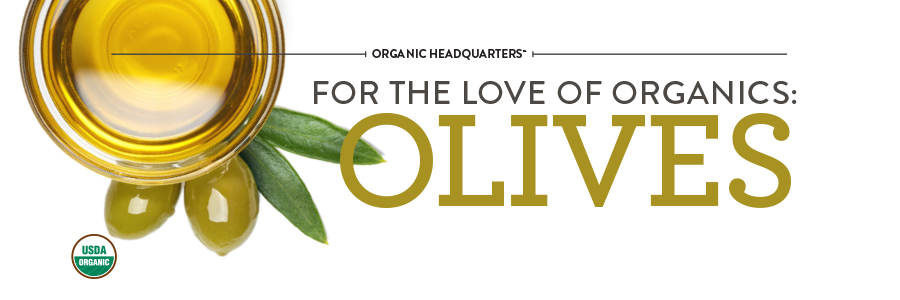


Sign-up for {N}power to get exclusive discounts, newsletters, members-only features, and more!
 Denver - Design District - Alameda and Broadway
Denver - Design District - Alameda and Broadway
368 S Broadway
Denver, CO 80209
United States
 Preferred Store:
Select a Store
Preferred Store:
Select a Store

Olives and extra-virgin olive oil might be on your radar because of their monounsaturated fat content and prevalence in the Mediterranean Diet, which is an essential part of their nutritional charm.1 Here’s another reason you should lock this relationship down—olives are brimming with phenolic compounds containing potent antioxidant and anti-inflammatory properties.2 One of the most abundant is hydroxytyrosol, a powerful protector against LDL cholesterol oxidation.3 Why does it matter? Because LDL oxidation is considered a critical step in the development of atherosclerosis (hardening of the arteries), which can begin in childhood and progress rapidly after age 40.4 5 Hydroxytyrosol confers other cardioprotective benefits as well, including protection against arterial stiffening and reducing chronic inflammation.6 So how about a date with a homemade Greek salad? Because when it comes to heart-healthy relationships with food, olives are the total package!

An often-underestimated trait of organic agriculture is its economic viability! A survey of organic and conventional olive farmers in Greece demonstrates fascinating contradictions in this regard. Both groups agreed that organic methods were significantly better for the environment, human health, and the finished product quality. Yet, conventional farmers believed organic to be less profitable. Data from the same study shows that in reality, the opposite is true: Production costs and yields were similar between the two, while profitability was considerably higher in organic. It also found that 86 percent of the organic farmers' income came from olive farming, while only 66 percent of the conventional farmers' did.7 The profitability of organic farming is a critical factor for increasing its adoption and, consequently, its environmental benefits around the world. Choose organic and help energize the mission!
What's a serious relationship without a place to call home? The Mediterranean basin, where the bulk of the world's olives come from, is considered a hotspot for climate change. So, as you pursue this nutritionally rich love affair with olives, consider the environmental impact of how they are grown.8 9 An article published in the journal Agronomy for Sustainable Development reviewing studies on conventional and organic olive orchards in Spain provides compelling insight.10
A comparison of the greenhouse gas emissions of 42 pairs of conventional and organic olive orchards shows a considerable difference in CO2 emissions between the two—24 grams per kg in conventional versus 10 grams per kg for organic. The high emissions in conventional were primarily linked to fertilizer. By contrast, greater carbon sequestration in organic was attributed to practices including cover cropping, recycling pruning debris, reduced tillage, and compost.6
Soil enzyme activity, birds, and spiders were all found in greater abundance in organic operations. Spiders are crucial for pest management in olive orchards, and the hedge vegetation found in the organic orchards was correlated with significantly higher abundance and diversity of these beneficial invertebrates.6
With around 150 varieties of olives grown for edible purposes (both table olives and oil), you’ll never have a dull moment when you begin exploring the range of textures and flavors available.11 As food writer and chef Ruth Reichl once said, “Pull up a chair. Take a taste… Life is so endlessly delicious.”12



Sign-up for {N}power to get exclusive discounts, newsletters, members-only features, and more!
